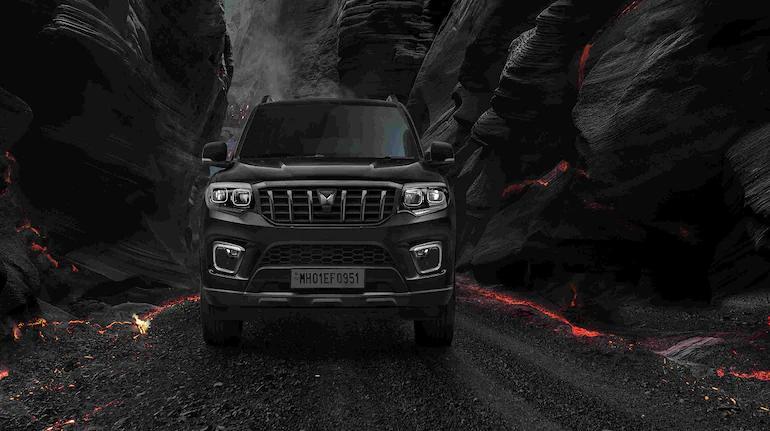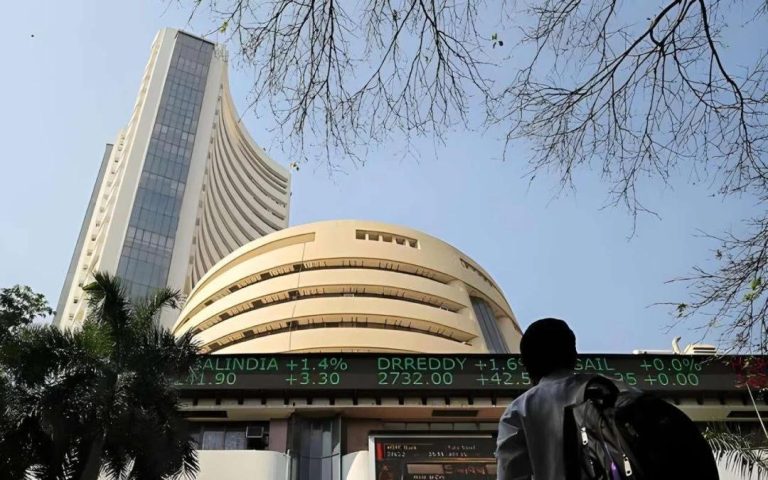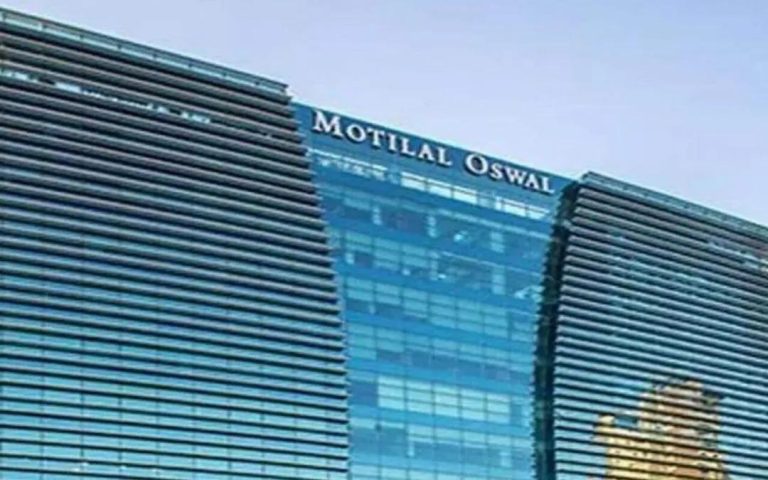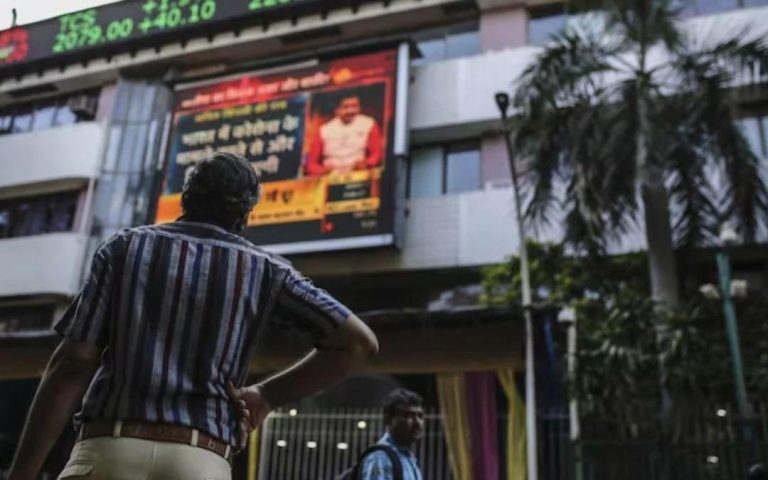
M&M to increase SUV, commercial vehicle prices up to 3% from April
In a move that is likely to impact the Indian auto industry, Mahindra & Mahindra, one of the largest automobile manufacturers in the country, has announced a price hike of up to 3% for its SUV and commercial vehicle range from April. The decision comes in response to the rising costs due to inflation and increased commodity prices.
According to a statement released by the company, the price increase is aimed at offsetting the increased costs and maintaining its profit margins. The hike will be applicable to a range of vehicles, including popular models such as the XUV500, Bolero, and Scorpio.
This is not the first time that Mahindra has increased its prices in recent times. In the past, the company has also hiked prices due to various factors, including rising input costs and changes in government regulations.
The price hike by Mahindra comes at a time when the Indian auto industry is already facing a slew of challenges, including a slowdown in demand and increasing competition from international players. The industry had been hoping for a revival in demand after the government’s recent announcement of a slew of measures to boost the economy, including a reduction in corporate tax rates.
However, it appears that the industry may not get the boost it was hoping for, at least not immediately. Apart from Mahindra, Hyundai Motor has also announced a price hike for its vehicles in India, citing high operational costs.
Hyundai’s price hike is expected to be applicable to a range of models, including the Elite i20, Grand i10, and Creta. The company has attributed the price increase to rising costs of raw materials, labor, and other expenses.
The price hike by Mahindra and Hyundai is likely to have a ripple effect on the industry, with other players also following suit. This could lead to a further slowdown in demand, as customers may be deterred by the higher prices.
The price hike is also likely to have an impact on the overall sales of the companies. Mahindra, in particular, has been struggling to maintain its sales momentum in recent times, with its sales declining by 15% in February compared to the same period last year.
Hyundai, on the other hand, has been performing relatively better, with its sales growing by 10% in February compared to the same period last year. However, the company’s sales growth has been slow in recent times, and the price hike may not be enough to boost demand significantly.
The price hike by Mahindra and Hyundai is also likely to have an impact on the overall economy. The Indian auto industry is a significant contributor to the country’s GDP, and any slowdown in demand can have a ripple effect on the overall economy.
In conclusion, the price hike by Mahindra and Hyundai is a sign of the challenging times that the Indian auto industry is facing. The industry is likely to continue to face a slew of challenges in the coming months, including a slowdown in demand and increasing competition from international players.
However, the industry may also have opportunities to grow in the coming months, particularly if the government’s recent measures to boost the economy are successful. The industry will need to be flexible and adapt to changing market conditions in order to stay competitive.
Source:






